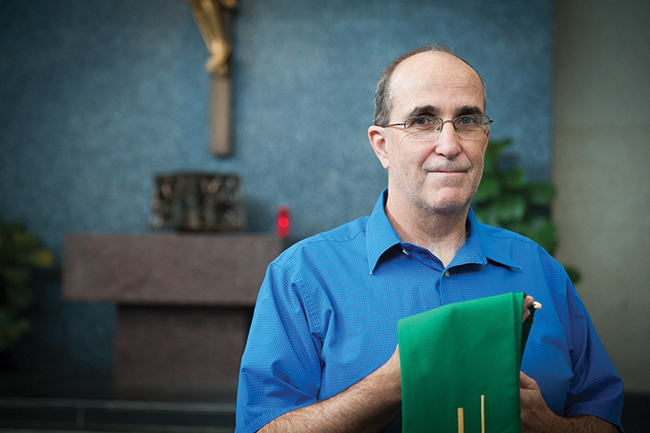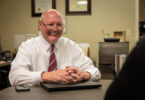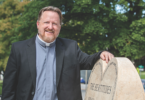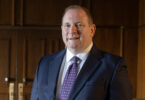
by Leon Suprenant
Last month, I distinguished the ministry of the ordained priesthood from the baptismal priesthood exercised by the laity as complementary ways of exercising the one priesthood of Christ.
I would suggest that there is a similar dynamic at work with the diaconate. The church teaches that all Christians not only participate in Christ’s priestly office, but also his prophetic and kingly (or royal) offices (Catechism of the Catholic Church, 873 and 897). As Scripture teaches, we are a “royal priesthood” (1 Pt 2:9).
So, how do we understand our participation in the kingly office of Christ?
The mother of James and John wondered about that herself, as she pointedly said to Jesus, “Command that these two sons of mine sit, one at your right and the other at your left, in your kingdom” (Mt 20:21). However, Jesus patiently explained that in his kingdom, royal authority is not about secular power, but about service (“diakonia”). Jesus concludes by saying, “The Son of Man did not come to be served but to serve and to give his life as a ransom” (Mt 20:28).
This clearly isn’t what most people usually think of when they envision “kingship.”
We see this truth in a startling way in the Holy Thursday liturgy, where we hear about and reenact Our Lord’s washing of the feet of his disciples (cf. Jn 13:1-20). Even though Jesus is the “master,” he took the lowly role of a slave to serve his followers. He not only illustrates what kingship will look like in his church, but also entrusts this brand of kingship to all his followers:
“You call me ‘teacher’ and ‘master,’ and rightly so, for indeed I am. If I, therefore, the master and teacher, have washed your feet, you ought to wash one another’s feet. I have given you a model to follow, so that as I have done for you, you should also do” (Jn 13:13-15).
This diakonia or service is not mere “social work”—important as that is — but an integral part of overcoming the reign of sin through embracing the call to holiness that we receive at baptism. All “foot-washing” begins with holiness and has as its end the holiness of God’s people (cf. CCC, 826).
We might also say that all “foot-washing” begins with the Eucharist as its source and ends with the Eucharist as its goal.
But then the question becomes, “Whose feet shall we wash?” We might start with a meditative read of Matthew 25, where Jesus identifies with the poor and marginalized in our midst. The church has always upheld the material and corporal works of mercy as an integral part of the Christian life.
In the next column, we will examine the diakonia of ordained ministers, especially deacons.






